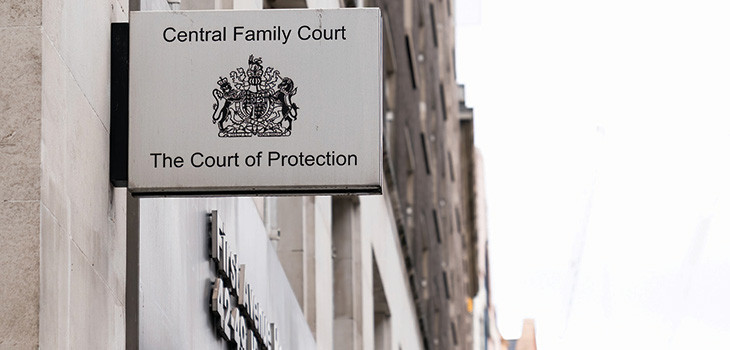
- The decision whether to grant anonymity is not a matter of discretion. It is a matter of weighing up and balancing the competing Convention rights.
Part 1 of this two-part series looked at the need for certainty in law on the subject of anonymity, and for comity between judges on this—as in any other—subject. Family Division judges are not succeeding in this question of comity (especially in the case of the recently retired Holman and Mostyn JJ). And there is no Court of Appeal direction nor any guidance from the President of the Family Division on anonymity.
This article asks what in law does ‘anonymisation’ mean? It is a subject which crops up across all forms of English and Welsh court proceedings. It engages principles of privacy as defined and understood in the light of European Convention 1950 especially, Arts 8 (right to respect for private life) and 10 (press freedom). An ‘expectation of privacy’ (discussed later) has developed under Parts









